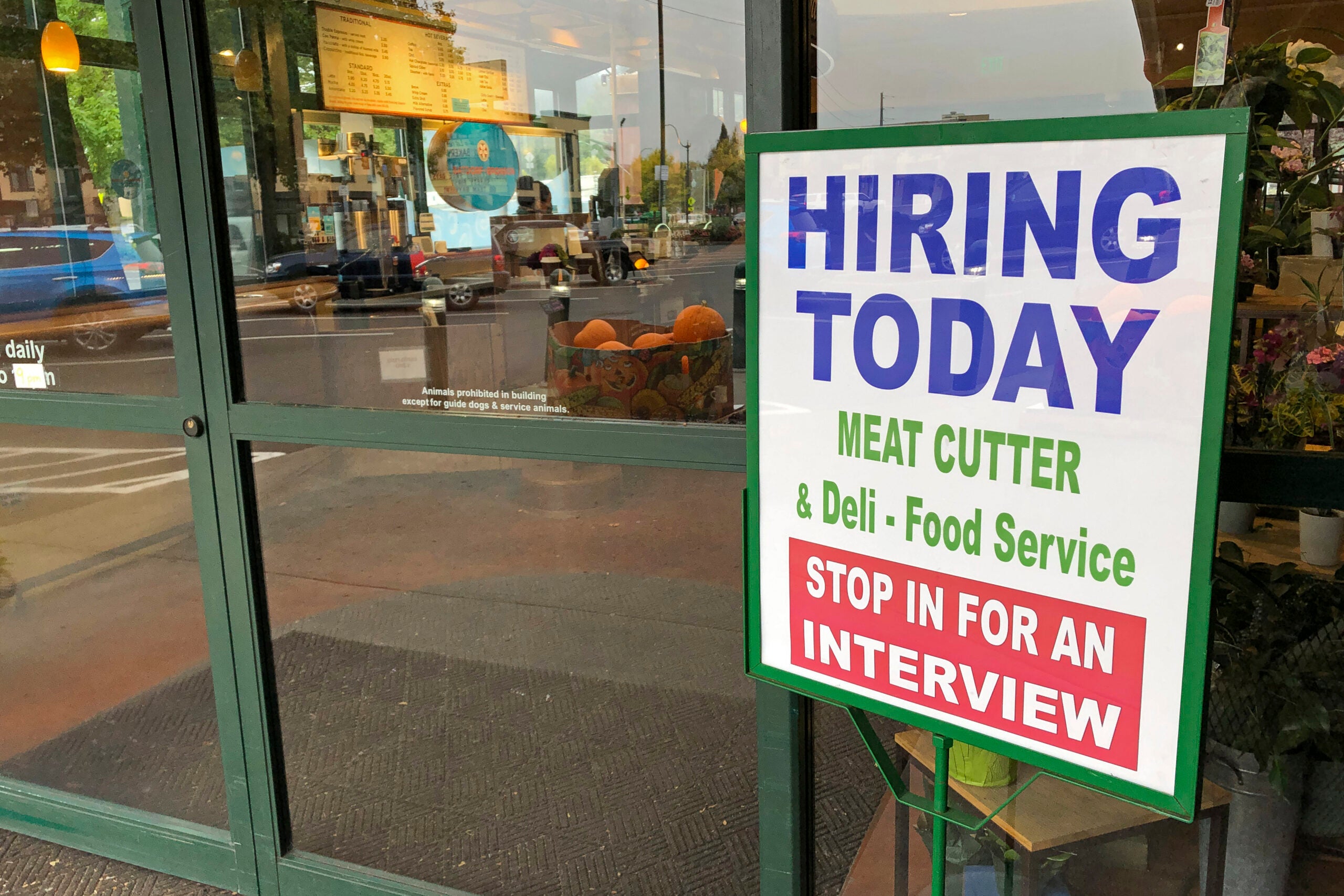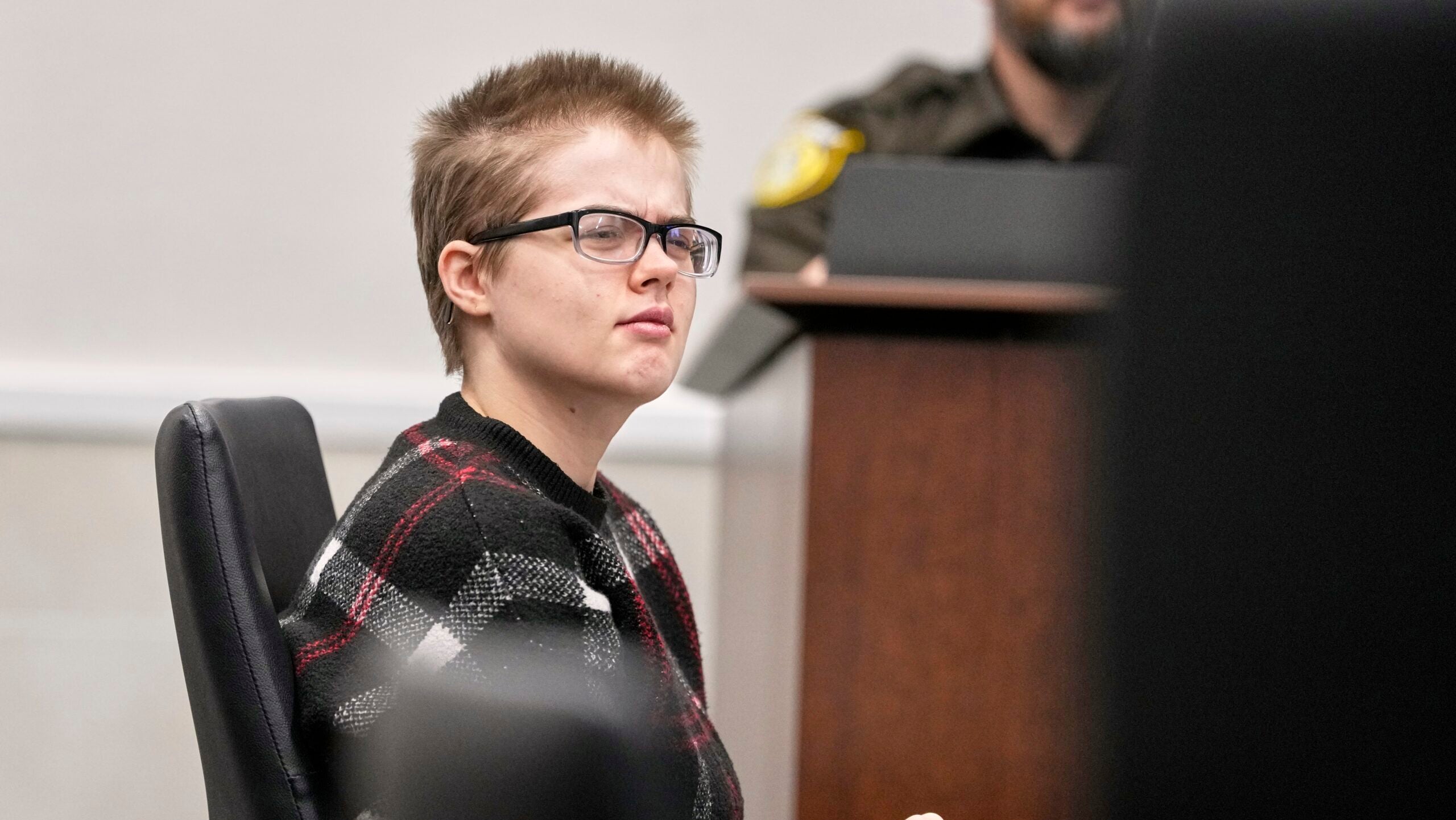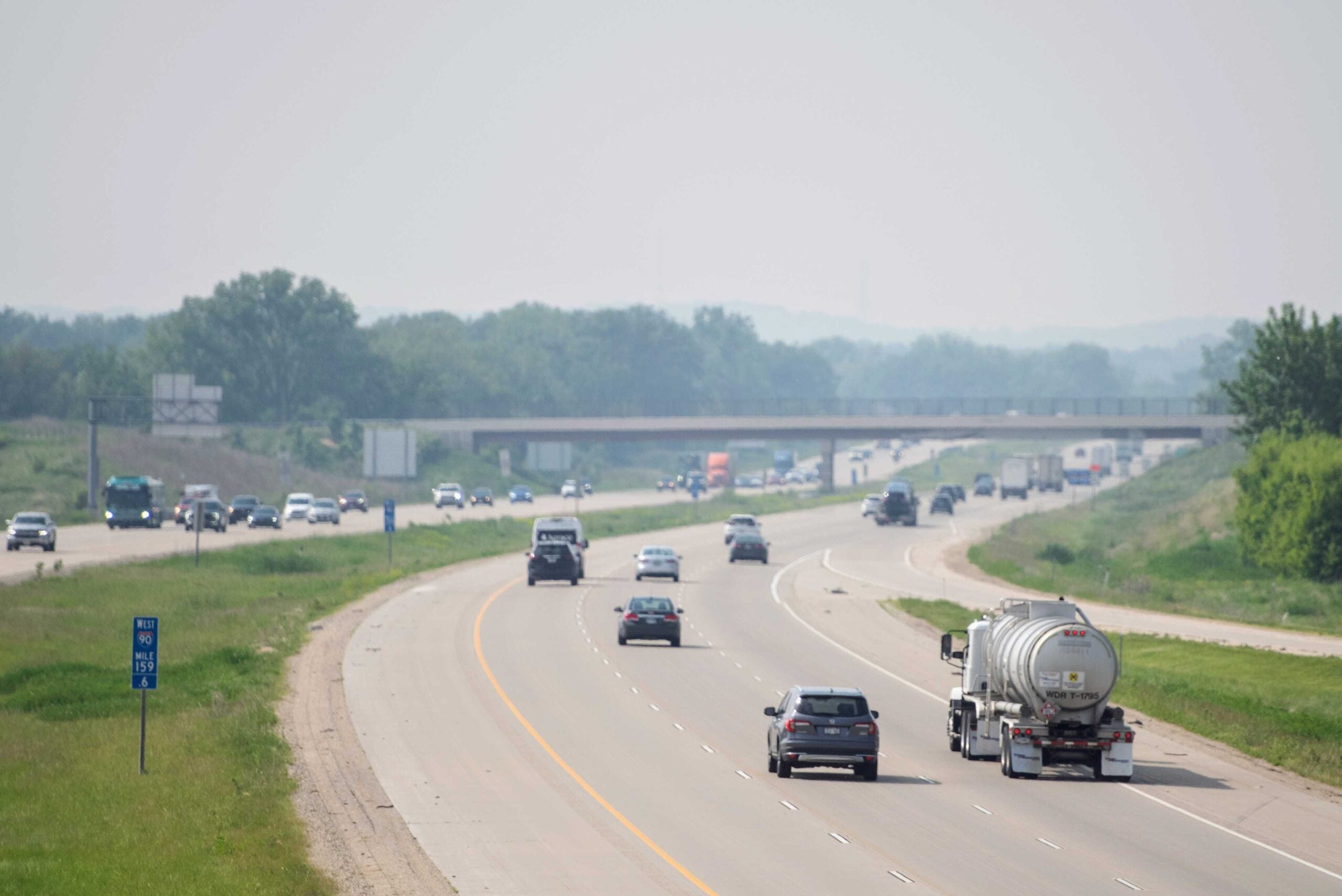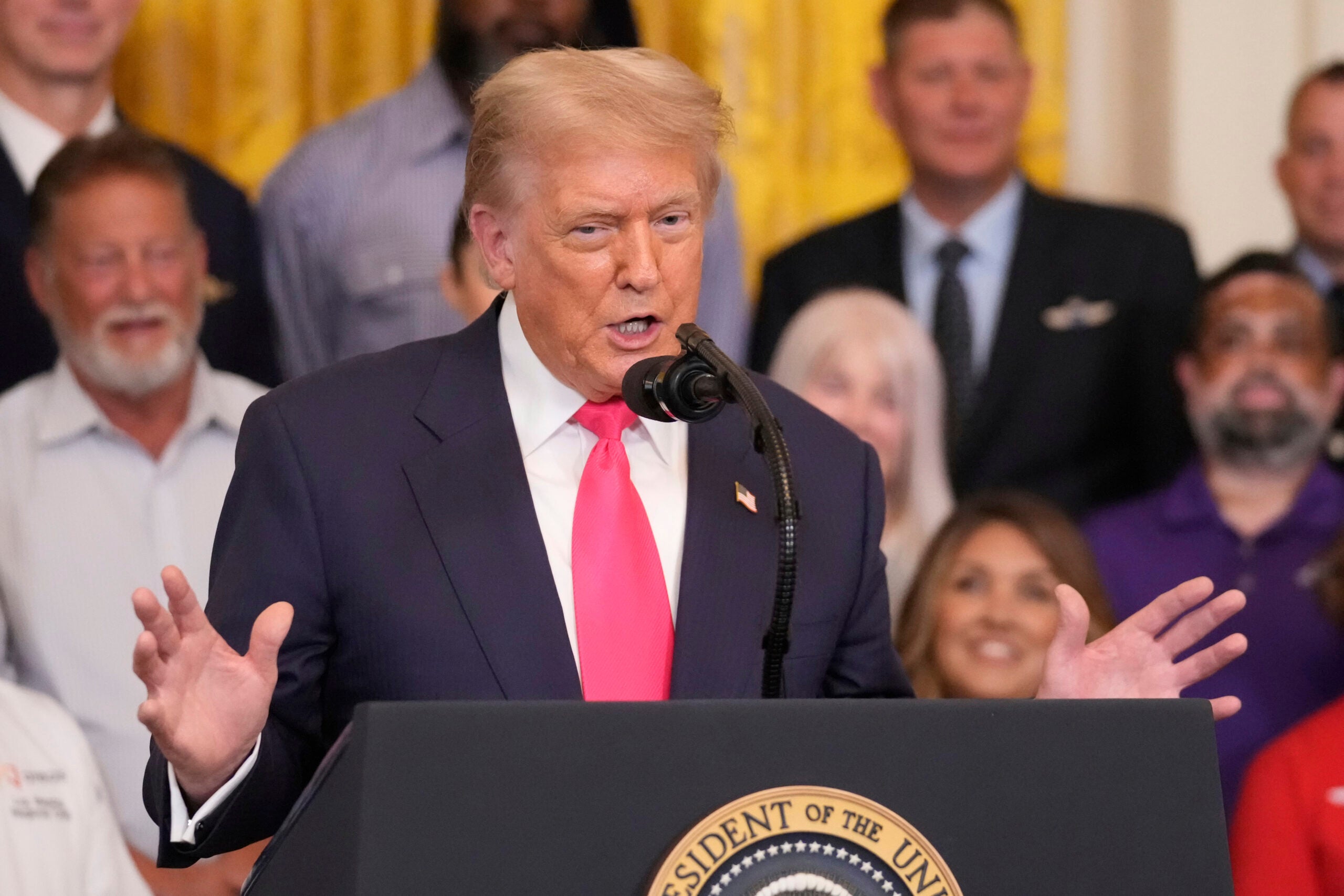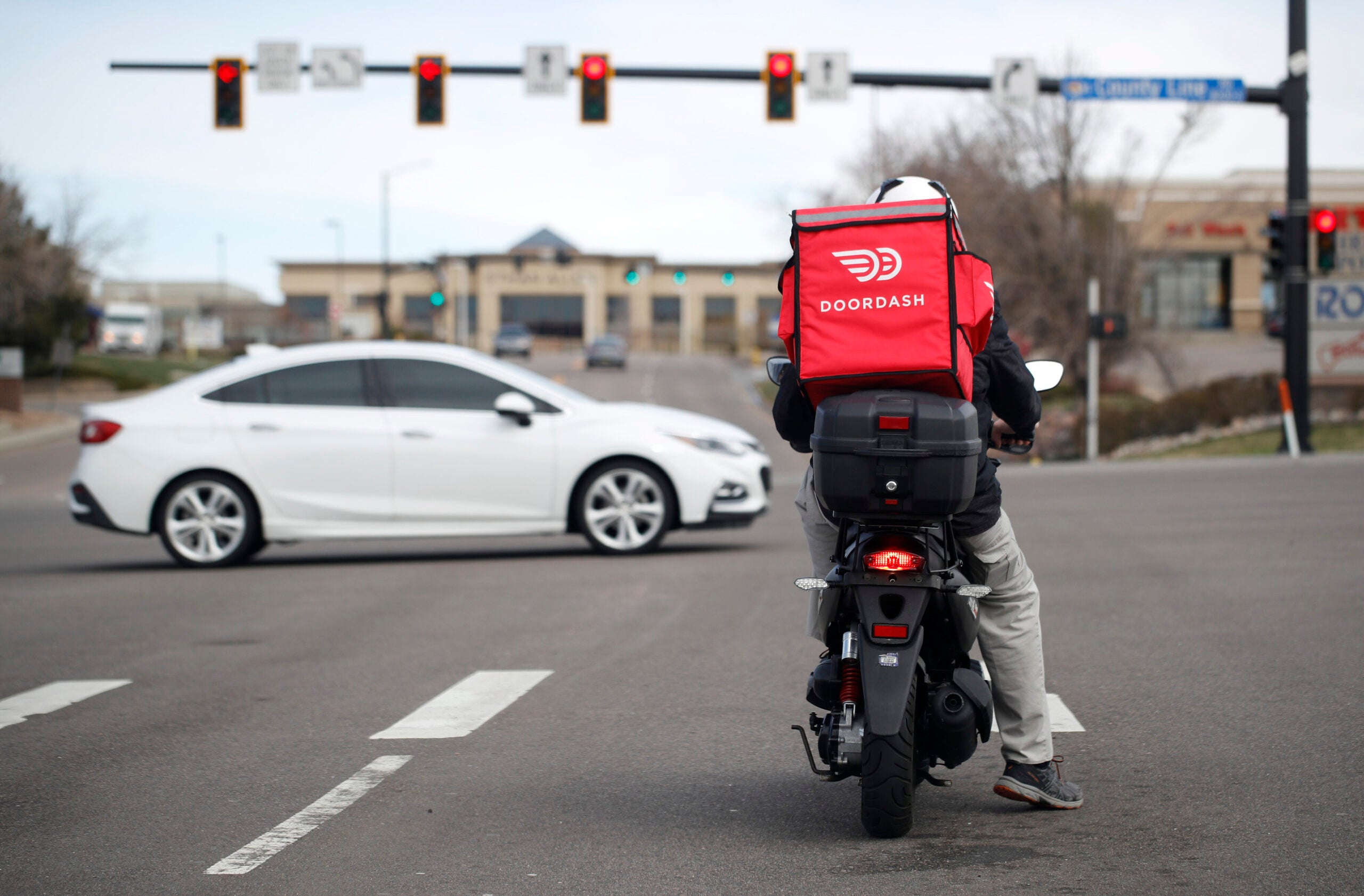Fourteen and 15-year-olds in Wisconsin would be able to work longer hours under a Republican-backed proposal at the state Capitol.
Under current law, Wisconsin has the same work hour restrictions for young teens as federal labor laws — 7 a.m. until 7 p.m. for most of the year. Possible hours extend until 9 p.m. from June 1 until Labor Day. Under the proposal, 14- and 15-year-olds could start work at 6 a.m. and work as late as 11 p.m. on non-school days. On school days, they would need to end work by 9:30 p.m.
The change would only apply to small businesses that aren’t regulated by federal labor laws. Those are businesses that do less than $500,000 worth of sales or business in a year and don’t do any interstate commerce, among other criteria.
News with a little more humanity
WPR’s “Wisconsin Today” newsletter keeps you connected to the state you love without feeling overwhelmed. No paywall. No agenda. No corporate filter.
Speaking on WPR’s “The Morning Show,” Republican Sen. Mary Felzkowski, R-Irma, called the plan “common sense.”
“You know, we allow (young teens) to be up and doing things — curfew, sporting events and everything else. A lot of these kids that aren’t involved in (those things) want to be able to have a job. … This is just extending those hours, no different than if they were involved in extracurricular activities,” she said.
Felzkowski, who is one of the bill’s sponsors, said the idea came from a small business in her district that has struggled to meet staffing needs with the current restrictions on its younger workers.
During a September legislative committee hearing, Rod and Kay Berg, owners of a mini golf course and ice cream shop in Tomahawk, told lawmakers current law is too stringent and that “no business can operate with such restrictions on their employees.”
“This puts a burden on the remaining teens we employ as they bear the brunt of the work,” the Bergs said in prepared testimony before the committee. “Where is the backing from the community for kids who would rather have a job than participate in sports or any other extracurricular activity?”
The Wisconsin Hotel and Lodging Association, Association of Wisconsin Tourism Attractions and National Federation of Independent Businesses have all registered their official support for the plan. The Wisconsin Education Association Council, Wisconsin School Social Workers Association and Wisconsin AFL-CIO are among its opponents.
In prepared testimony before the September legislative committee, Stephanie Bloomindale, president of the Wisconsin AFL-CIO, told lawmakers the plan is “another in a series that seeks to whittle-back child labor protection and enforcement.”
“Any attempt to reduce our child labor laws places Wisconsin in the wrong direction,” Bloomingdale said.
Some, including the Wisconsin Restaurant Association, have also argued having different state and federal restrictions for young teens’ work hours could be confusing and open employers up to potential lawsuits.
The bill passed the state Senate in October. It has yet to be voted on in an Assembly committee.
Angela Joyce, spokesperson for Assembly Speaker Robin Vos, R-Rochester, said the GOP leader of the chamber supports the bill.
“Government should not stop people from working when their friends in extracurricular activities don’t have the same limits,” Joyce said.
Gov. Tony Evers’ office didn’t immediately respond to a request for comment about whether he would sign the bill into law.
Wisconsin Public Radio, © Copyright 2025, Board of Regents of the University of Wisconsin System and Wisconsin Educational Communications Board.

